 | Here we are a few days after the merge. There was a lot of hope(ium) passed around. It's not to say a pump didn't come, but it came before the merge when people thought it would come after it. As I saw a few users say, the merge was really a submerge of markets. Of course, there was never a guarantee for a pump. Typical buy the rumor, sell the news. News media certainly had a hand in the false hype. On the upside, ETH has reduced its energy consumption by 99.9%. Not a small thing, but what did it cost? Well, in our 'decentralised' network, we had 67% of the stake controlled by just 7 seven entities. On top of that, it costs 32 ETH to be a validator meaning that only the few with that kind of capital have the ability to validate. Further, even less of that few would even do it because validating requires you to lock up your funds. Currently, there is no ability to withdraw these funds. Support for withdrawals are planned for the upcoming Shanghai upgrade but you should expect funds to stay locked up for one to two years. Further, was the more decentralised PoW mining even that bad? Cambridge studies in their 3rd Global Cryptoasset Benchmarking Study shows that somewhere a bit less than 40% of mining energy was renewable. A 2019 analysis by Coinshares shows that 74% of btc mining came from renewables. The Bitcoin Mining Council published that renewables energy constituted around 60% of bitcoin energy used for mining in Q2 2022. There are a number of older studies that give different numbers but generally these numbers range from 35%-70%. Keep in mind these numbers are all only estimates with different methodologies but they are the best we have. It is clear that the environmental impact of mining was at least somewhat overblown, however as with all things it's not that simple as a fair percentage of non-renewables was still used, and any energy not used for mining is generally redirected to some other purpose as humans seek more and more comfort and efficiency in the classic wants vs scarcity argument that is the heart of economics itself. The question that we should ask is if this reduction of decentralization of a major crypto token is worth the energy cost. And that is a big question. On the upside, fees have gone down although they really weren't supposed to. ETH2 was only supposed to be a consensus change. It seems to be more of a psychological effect than anything else with some protocol/code efficiency improvements. For one, ETH network usage usage has only increased for the month of September to-date, particularly through and after the merge and this should have increased fees. Ironically, fees actually went down. I believe this is likely because the block time for ETH has become lower and (mostly) remarkably consistent(although consistency might be bit too early to say) as there is no longer the random and somewhat loose concept of PoW difficulty that is impacted by average block time, in which miners jostle for algorithm completion among each other. Meanwhile, hash rates constantly vary as miners start and stop at random times and all these actions occur under the purview of halving code itself. The confluence of all this creates an unstable environment where predictability and consistency is very difficult to produce. This is all in addition to the concept of completed stale or uncled blocks. Uncled blocks are created when two blocks are mined and broadcasted at the same time and one must be accepted and the other discarded, or uncled. Approximately, 1 in every 20 blocks are uncled, again in an unpredictable manner. A lot of these factors are either non-existent or much more predictable of a PoS consensus protocol. More significantly, there's probably the psychological effect of users believing ETH to now be a more efficient system with cheaper gas fees and users simply funding transactions with less gas as they believe they would have less competition to complete a transaction in a short amount of time and the feeling of faster transactions as block times are more consistent as well as block times actually being somewhat lower as well that runs in a beneficial feedback cycle that pushes fees lower. I think this is why block times have fallen even further even after finalization of the merge. ETH/ETH2 Average Gas Price Per Day This is validated even further by the fact that both number of transactions and transaction complexity, as seen through the proxy of average transaction fees, which both should increase transaction fees by themselves and increase it even more so together. And yet we have seen transaction fees still falling. It should be noted that the merge itself does pave the way for direct reductions in gas prices through sharding among other things. So it is a start if nothing else. ETH/ETH2 Average Transaction Fee Per Day Thus, the merge has certainly had its fair share of controversy, positivity and drawbacks. Some expectation were met while others, not so much. I hope that as the merge hype has died down we are capable of looking that the results logically and push for crypto more beneficial for everyone. Regardless, I'm ready for the downvotes. [link] [comments] |

You can get bonuses upto $100 FREE BONUS when you:
💰 Install these recommended apps:
💲 SocialGood - 100% Crypto Back on Everyday Shopping
💲 xPortal - The DeFi For The Next Billion
💲 CryptoTab Browser - Lightweight, fast, and ready to mine!
💰 Register on these recommended exchanges:
🟡 Binance🟡 Bitfinex🟡 Bitmart🟡 Bittrex🟡 Bitget
🟡 CoinEx🟡 Crypto.com🟡 Gate.io🟡 Huobi🟡 Kucoin.








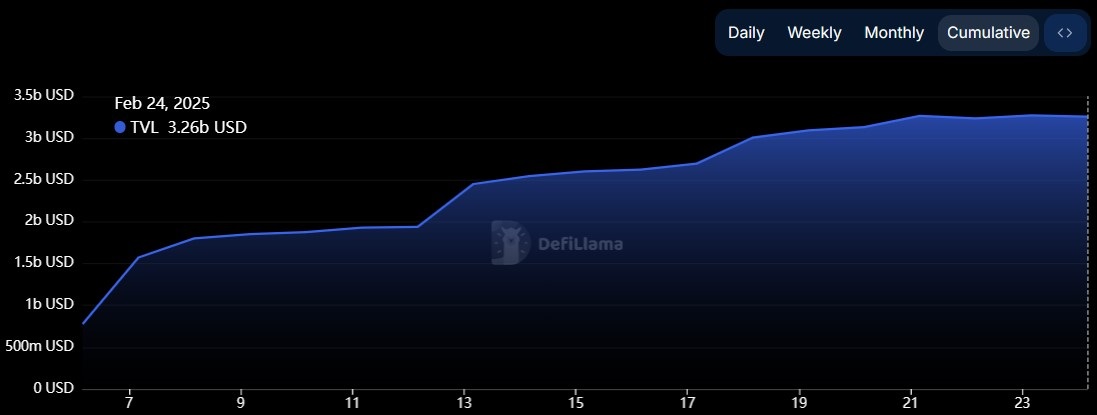
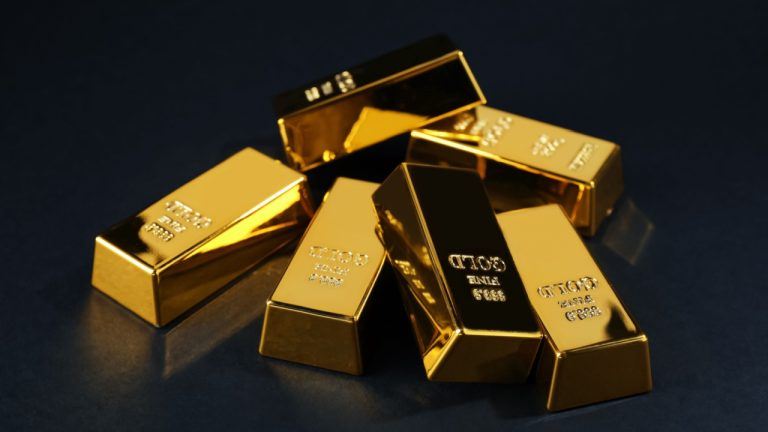


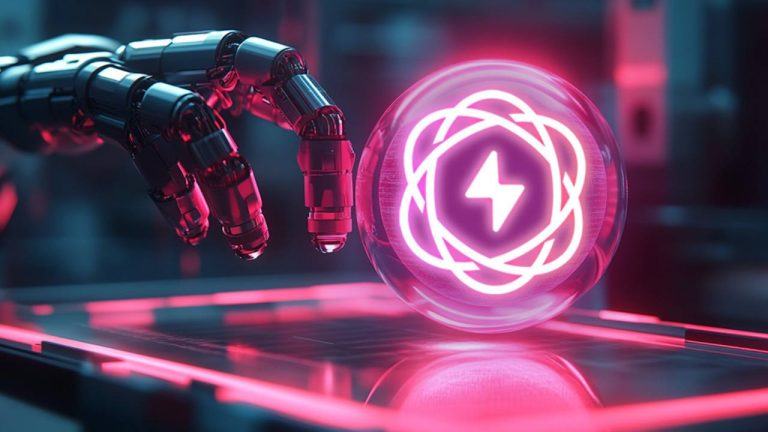
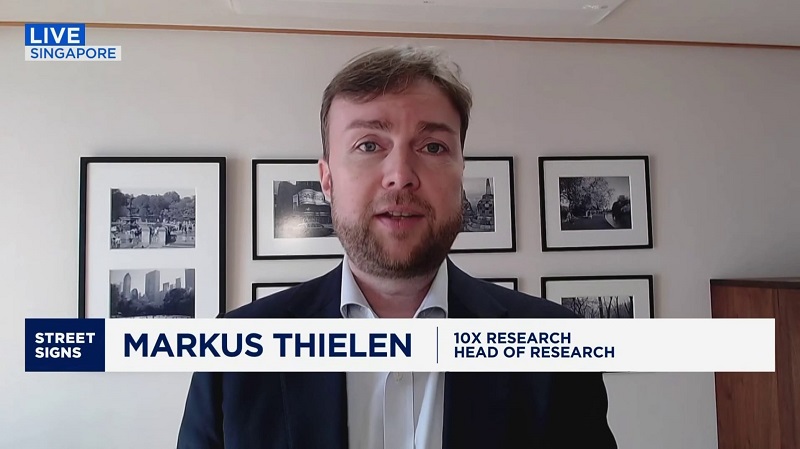



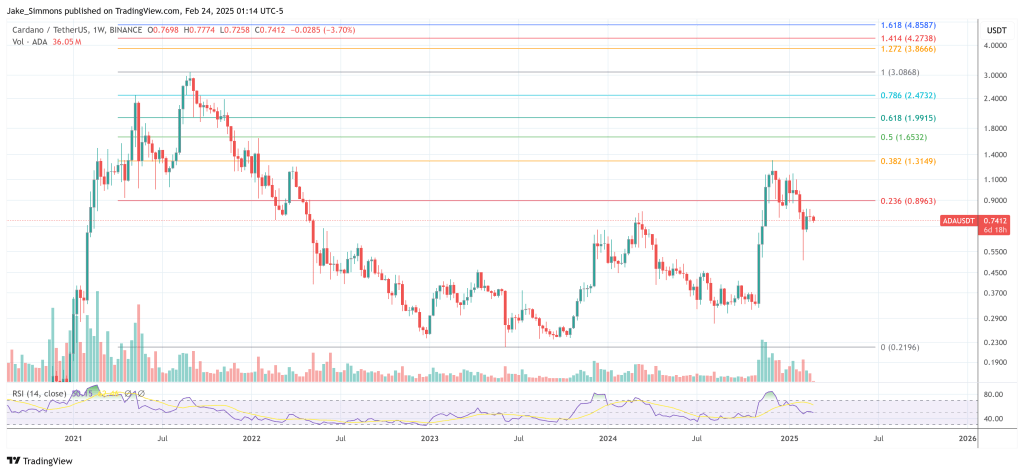


Comments